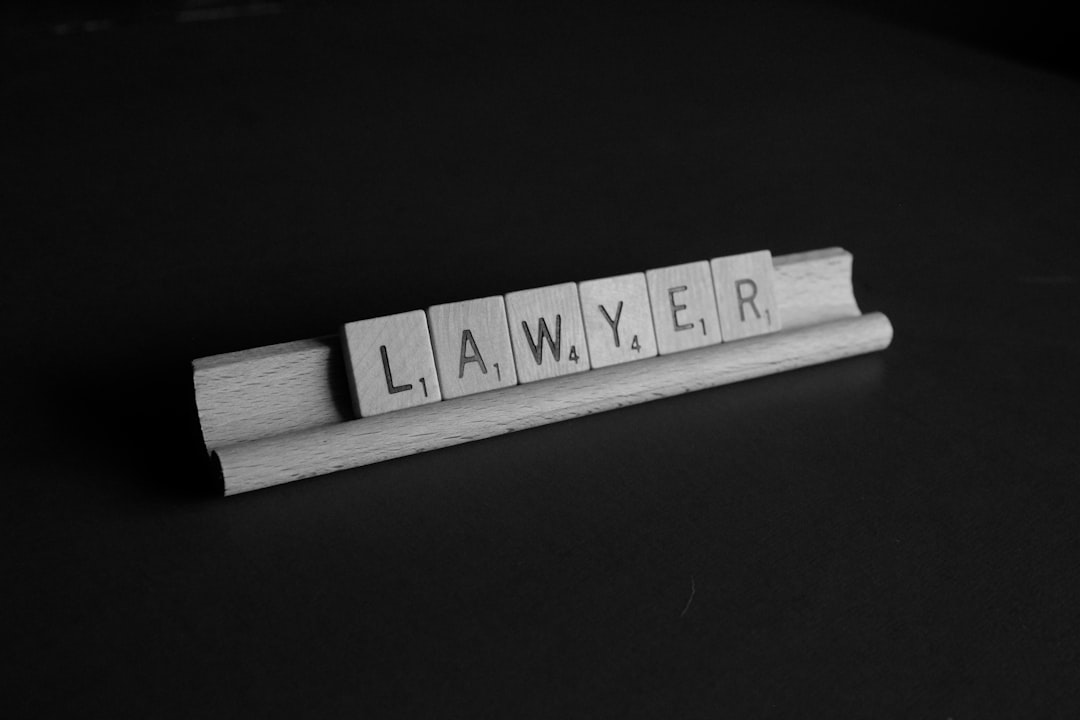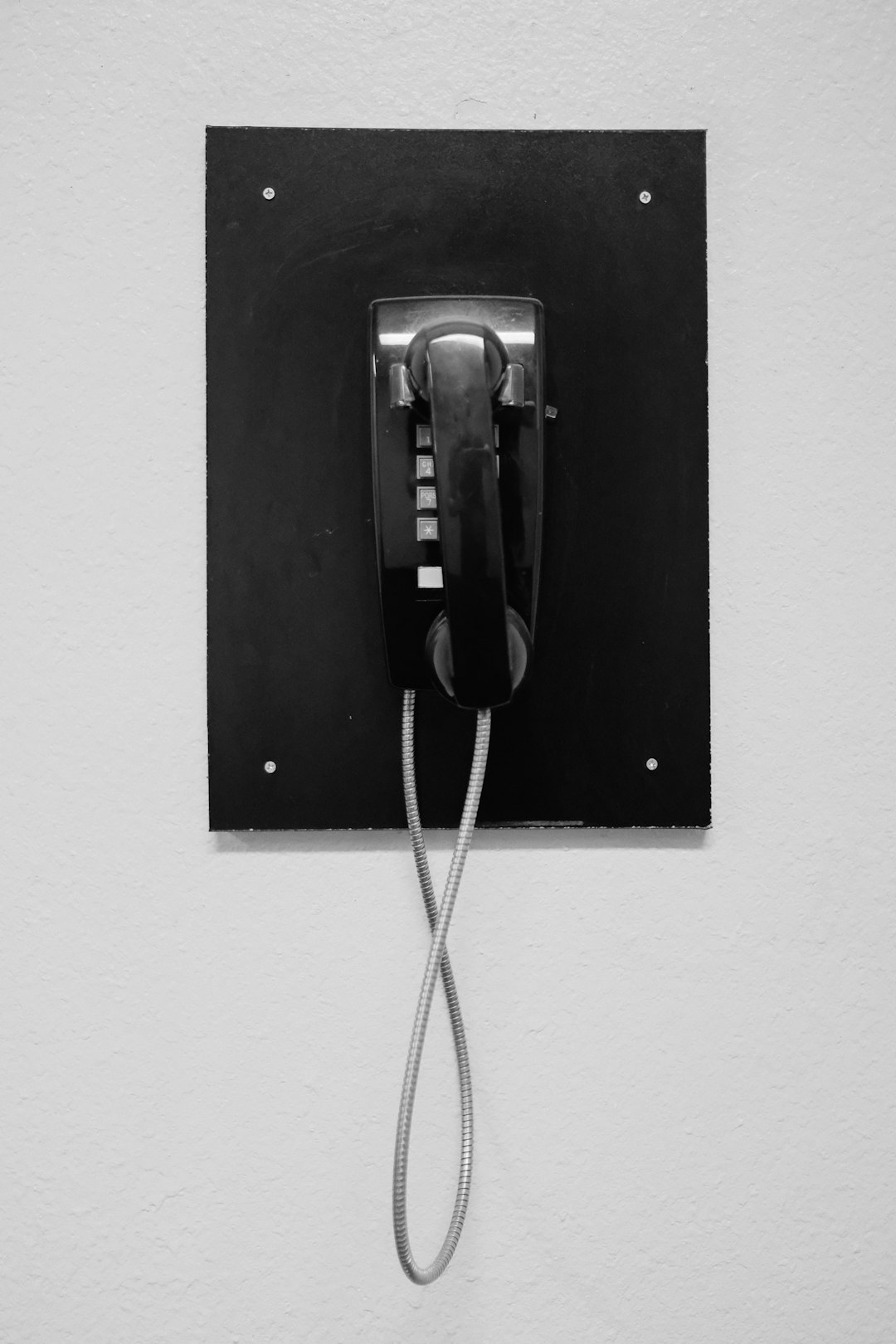Robocalls from unknown sources, including robocall Attorney South Carolina, are a growing problem in SC. The Telephone Consumer Protection Act (TCPA) offers protections against unsolicited automated calls unless prior consent is given. Residents can block these calls using robust robocall blocking apps like TrueCall, Hiya, and ACG Call Blocker. These apps use algorithms and machine learning to identify and block spam calls. South Carolina's Attorney General's office enforces TCPA rules, and robocall Attorney South Carolina plays a role in this evolving legal landscape. Choosing the right blocking solution involves evaluating needs based on call volume, frequency, and sources, with features like call logging, reporting, and adaptation to new calling trends. Service providers and mobile apps can significantly reduce unwanted robocalls, protecting users from robocall Attorney South Carolina.
Tired of unwanted robocalls plaguing your South Carolina home? You’re not alone. With evolving legal frameworks in SC, blocking these automated calls has never been more crucial. This guide navigates the best robocall blocking apps tailored for South Carolina residents, exploring their effectiveness and legal implications. Learn how to choose a solution that suits your needs and protect yourself from intrusive robocalls with our step-by-step implementation guide, backed by insights from local robocall attorneys.
Understanding Robocalls and Their Legal Framework in South Carolina
Robocalls, automated telephone calls from unknown sources, have become a widespread nuisance across the country, including South Carolina. While many robocalls promote legitimate products and services, others are malicious or fraudulent, often targeting consumers with unwanted marketing messages or even attempting to steal personal information. In response, South Carolina laws provide certain protections for residents against these intrusive calls.
In South Carolina, a robocall Attorney can guide individuals on how to navigate the legal framework surrounding these automated calls. The Telephone Consumer Protection Act (TCPA) plays a crucial role in regulating robocalls, prohibiting unsolicited calls made to phone numbers assigned to wireless telephone services unless the caller obtains prior express consent from the recipient. South Carolina’s Attorney General’s office actively enforces these regulations, ensuring that residents’ privacy rights are protected against abusive or deceptive robocall practices.
Popular Robocall Blocking Apps for South Carolina Residents
In today’s digital era, robocalls have become a persistent nuisance for many South Carolina residents. Fortunately, several robust robocall blocking apps offer effective solutions to combat this issue. Popular choices include applications designed specifically to protect users from unwanted calls, especially from robocall attorneys attempting to solicit business or impose penalties. These apps leverage advanced algorithms and machine learning to identify and block spam calls accurately.
One highly recommended app is TrueCall, which has garnered significant popularity among South Carolina residents. It not only blocks robocalls but also offers features like call screening and caller ID, allowing users to stay informed about incoming calls. Another notable mention is Hiya, an app that provides real-time protection against spam and fraudulent calls. Additionally, ACG Call Blocker is a local favorite, integrating seamlessly with South Carolina’s telecommunications infrastructure to deliver comprehensive robocall blocking services tailored to the region.
Legal Attitudes Towards Robocall Blocking Services
In South Carolina, as in many states, the legal landscape surrounding robocall blocking services is evolving. Historically, consumer protection laws have given individuals the right to block unwanted calls, reflecting a growing awareness of privacy rights and consumer autonomy. However, with the increasing sophistication of automated calling technologies, there’s a nuanced discussion underway regarding the balance between consumer choice and business practices. Robocall Attorney South Carolina plays a crucial role in navigating this legal territory, ensuring that blocking services operate within the confines of the law while providing effective protection for residents.
These legal considerations are particularly pertinent given the sheer volume of robocalls received by South Carolinians daily. Many consumers appreciate the convenience of blocking services that allow them to silence these intrusive calls, especially from telemarketers or scammers. Robocall Attorney South Carolina helps maintain a healthy equilibrium by facilitating legal frameworks that protect consumer rights while allowing businesses to operate within ethical boundaries. This balance ensures that blocking services can continue to offer much-needed relief without encroaching on legitimate business interests.
How to Choose the Right Robocall Blocking Solution for Your Needs
Choosing the right robocall blocking solution in South Carolina is essential for maintaining a peaceful and distraction-free environment, especially when dealing with recurring calls from robocall Attorney South Carolina services. The first step is to evaluate your specific needs. Consider factors such as the number of incoming calls you receive daily, their frequency, and whether they are primarily from known or unknown numbers. For instance, if you’re a busy professional receiving numerous unsolicited marketing calls, a robust, automated blocking system that filters out calls based on number patterns might be ideal.
On the other hand, if personal privacy is your primary concern, opt for a service offering manual call screening options, allowing you to block specific numbers at will. Additionally, check for features like call logging and reporting, which can help track the effectiveness of your blocking efforts. Robocall Attorney South Carolina services often employ sophisticated techniques to bypass basic blocking measures; thus, choosing a solution that adapts to evolving trends in automated calling is crucial.
Protecting Yourself: A Step-by-Step Guide to Implementing a Robocall Block in SC
In today’s digital era, robocalls have become a common nuisance, with many residents in South Carolina area facing an overwhelming number of unsolicited calls from attorneys and other businesses. Luckily, protecting yourself from these annoying interruptions is easier than you think. Here’s a step-by-step guide to implementing a robust robocall block tailored for the SC region.
Start by reviewing your home phone service provider’s offerings. Many providers now have built-in call blocking features or partnerships with third-party services that can filter out unwanted calls, including those from robocall attorneys. Next, consider downloading reputable mobile apps designed to block robocalls specifically. These apps learn and adapt to identify and block new scamming patterns. Ensure you set your preferences to automatically block calls from unknown numbers, as well as those on a pre-registered blacklist of known robocallers. Regularly update these lists to benefit from the collective intelligence of other users.






